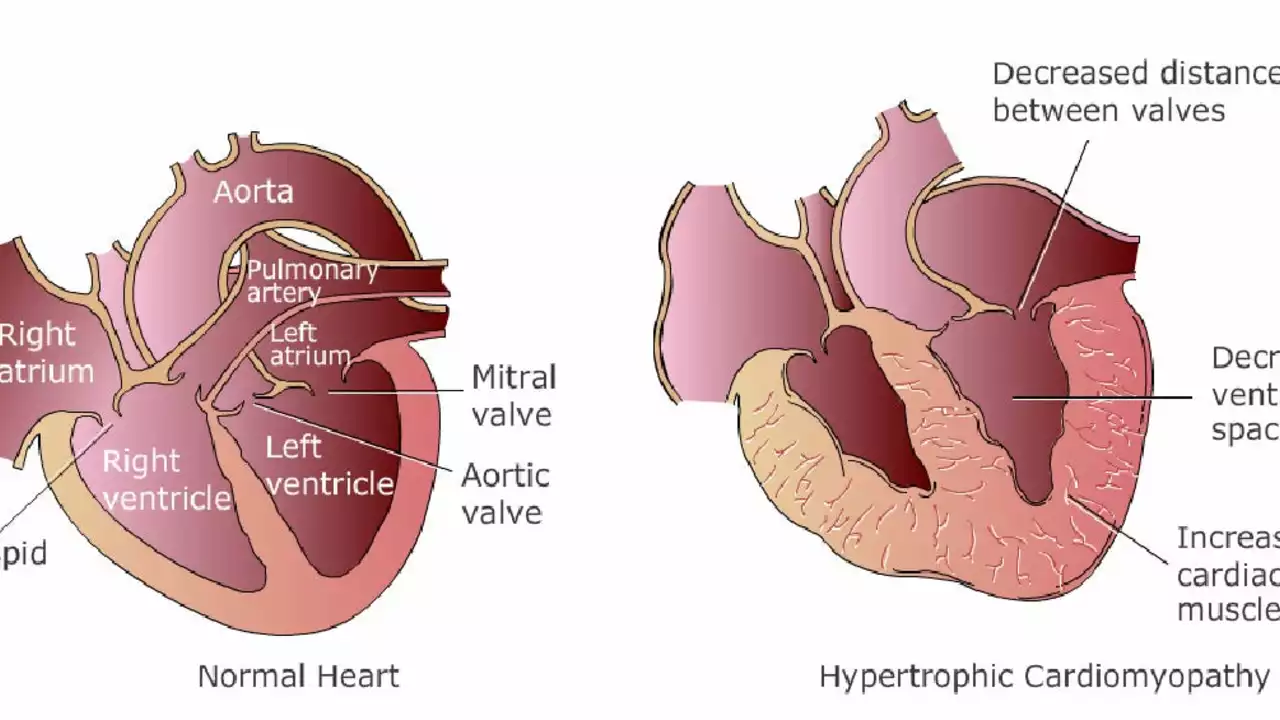Cardiac effects: what to watch for and why they matter
Some medicines help one problem but quietly stress the heart. Knowing which drugs and conditions can cause cardiac effects lets you catch trouble early and stay safer on treatment. This short guide shows common risks, clear warning signs, and simple steps you can take right now.
Common drug-related cardiac risks
High blood pressure meds like valsartan (Diovan) protect the heart, but switching doses or combining them with other drugs can change blood pressure suddenly. Cholesterol treatments such as statin combinations (for example, Vytorin) can sometimes cause muscle or liver issues that indirectly affect the heart if left unchecked.
Many drugs can affect heart rhythm. Certain antibiotics, some antidepressants and antipsychotics may prolong the QT interval — that raises the risk of dangerous arrhythmias. Recreational mixing or taking multiple QT-affecting drugs together is risky. Also watch for drug interactions: ED pills combined with nitrates or strong blood pressure meds can cause a sudden, dangerous drop in blood pressure.
Electrolyte changes matter. Diuretics (water pills) and vomiting or diarrhea can lower potassium or magnesium. Low levels often trigger palpitations or abnormal rhythms. If a medication can change kidney function, that also changes how other drugs behave and can raise cardiac risk.
Warning signs and what to do
Learn these clear red flags: new chest pain or pressure, fainting or near-fainting, sudden severe shortness of breath, fast irregular heartbeats, swelling in the legs, or sudden, unexplained fatigue. If you get these after starting or changing a drug, seek urgent care.
Practical daily steps: keep a current list of all meds and supplements in your phone, check for interactions (pharmacy or online interaction checkers), and tell your prescriber about heart disease, family history of arrhythmia, or electrolyte problems. Don’t forget over-the-counter drugs and herbal supplements — some, like grapefruit or St. John's wort, change how prescription meds work.
Ask your doctor when to get tests. An ECG (electrocardiogram) checks rhythm. Blood tests can track electrolytes, kidney and liver function, and drug levels when needed. If you’re starting drugs known to affect the heart, arrange baseline checks and a short follow-up once the dose is steady.
On this site you can read specific articles that relate to cardiac effects — for example, our Diovan and Vytorin guides and the piece on Chlorthalidone alternatives. They explain risks and monitoring for those meds in plain language so you can talk to your clinician with confidence.
Small changes help a lot: keep hydration steady, avoid heavy drinking with new meds, and report new symptoms fast. Doing this cuts surprises and keeps treatments working the way they should.
Cyclosporine and the Heart: A Comprehensive Guide
Cyclosporine is a powerful immunosuppressant drug that has significantly improved the success rates of organ transplant surgeries, including heart transplants. It works by suppressing the body's immune system, preventing it from attacking the newly transplanted organ. However, like with any medication, there are potential side effects and risks associated with its use. Some studies have shown that cyclosporine can cause high blood pressure and kidney damage, which can, in turn, negatively affect the heart. As a result, it's crucial for doctors and patients to carefully monitor and manage these potential side effects to ensure the best possible outcomes for heart transplant recipients.
Keep ReadingCyclosporine and the Heart: A Comprehensive Guide
As a blogger, I recently came across a comprehensive guide on Cyclosporine and its impact on the heart. Cyclosporine, an immunosuppressive drug, is commonly used to prevent organ rejection after transplantation surgeries. However, it's crucial to be aware of its potential side effects, particularly on the heart. The guide discussed topics like hypertension, cardiotoxicity, and the importance of regular monitoring for those taking Cyclosporine. I highly recommend checking out this guide to better understand the implications of this medication on heart health.
Keep Reading

